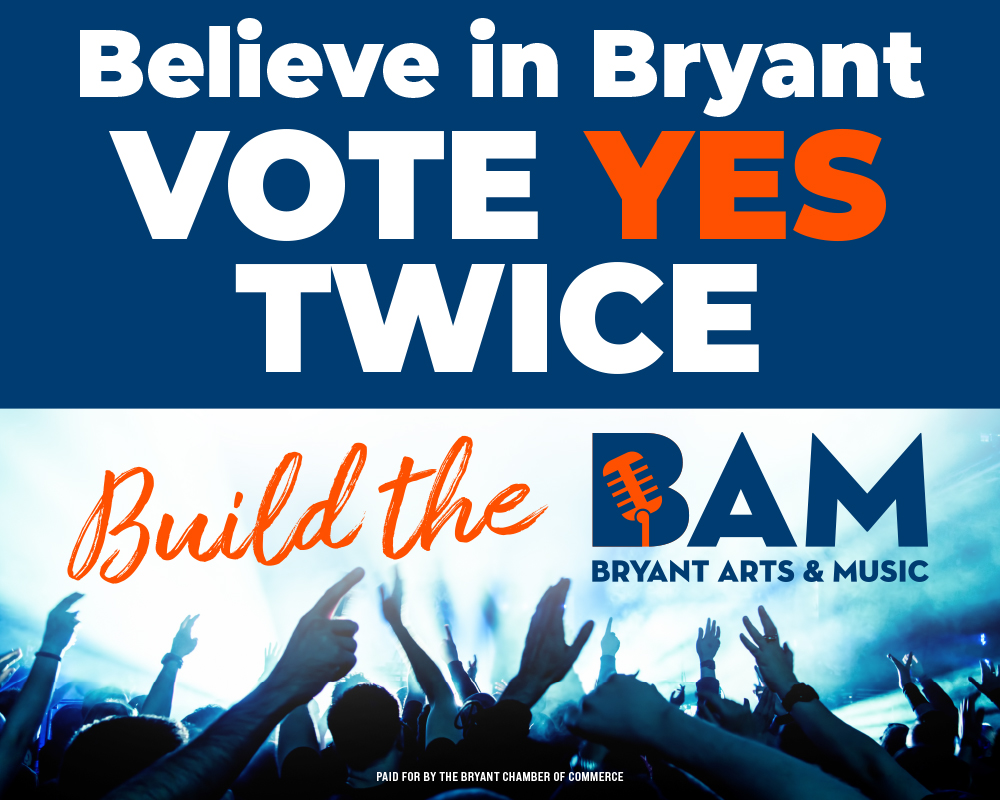Buying a fixer-upper offers you an amazing investment opportunity and provides an endless assortment of projects for those who like to work with their hands.
No matter if you plan to flip the property quickly or live there for some time, you shouldn’t cross a fixer-upper off your list when buying a house. Still, we all know that buying a house can be a complex challenge and fixer-uppers add a bit more for you to think about.
So… What do you really need to know when buying a fixer-upper?
Get off to a running start with these five tips:
1. Start with Location
Location is one of the most important things to think about in any home purchase. There are two strategies that may be effective here: One is the traditional “central location” that has the potential for a lot of curb appeal. The other is talked about less, but can still be a savvy choice: A more secluded and private property set back from the main road.
2. Set Up a Sound Renovation Budget
The perfect location can still be undercut if the needed repairs exceed your budget. The best way to get the real facts about what needs to be done is to get a complete house inspection. Then, get bids for the things you can’t do yourself and figure out the cost in time and materials for those you can. When you have a figure that seems accurate, add 10% for the unexpected.
3. Identify the Biggest Issues First
Making repairs to the roof will not only add value but remove a major stumbling block that can easily scare potential buyers away. Working on the foundation isn’t nearly as glamorous — it may add nothing at all to your future selling price — but you should double-check to see if it is necessary. What else can you look out for? Electrical, heating, and pest issues are important.
4. Negotiate Hard
So, you’ve done the calculations on what renovating your new find might cost you. Now, you can use that information as leverage in negotiating a better price. It’s not unreasonable to ask for 20 percent or even 40 percent off the asking price. What other factors play in your favor? A property that’s been on the market for a long time — or a good amount of cash to offer upfront.
5. See if You Qualify for a Renovation Loan
There are several different types of renovation loans, including the popular 203(k) loan backed by the federal government through the Federal Housing Administration. Many different banks can offer this loan as long as they follow federal rules. Homebuyers can get low-interest rates on a 203(k) and may be able to qualify even with less than perfect credit scores.
Buying a house can be the greatest step you ever take for your peace of mind, financial security, and yes — your enjoyment. The choice to make that house a fixer-upper can be considered a bold one. Still, for some people, there’s simply nothing better.
Use my tips, and you’ll find it’s easier than you ever imagined to make the right decisions for buying a house. In just a matter of months, your very own fixer-upper could become the home of your dreams. If you go in with a clear view and realistic expectations, you can’t lose!
Thinking about buying or selling a home? I can help make the process easy, get in touch today!
Click to see more articles from Get Real with Doug Robinson
-Doug Robinson/Baxley-Penfield-Moudy Realtors

“Your Best Friend in Real Estate”
www.SalineCounty.RealEstate
Connect with me on my Homesnap account! The best way to search for a home! https://www.homesnap.com/Doug-Robinson






